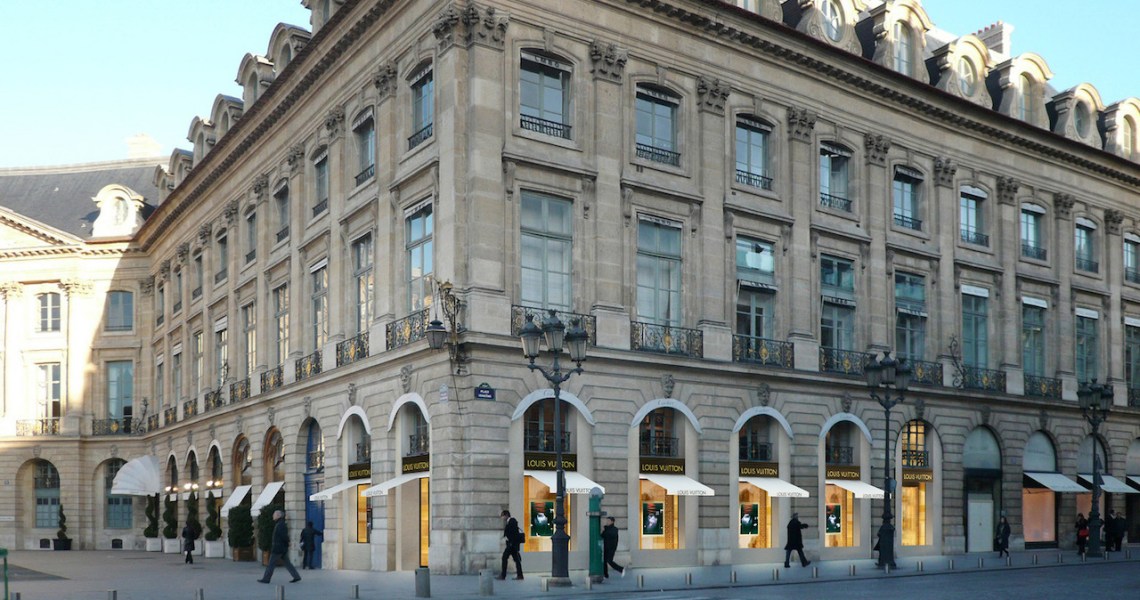LVMH’s strong earnings for the first half of 2019, driven by big growth from flagship brands like Louis Vuitton and Dior, are pushing the company to be more adventurous.
Released early on Wednesday, the company’s earnings showed a 15% increase in overall revenue in the second quarter of 2019, to around $14 billion, with the largest growth coming from a 20% increase in the fashion and leather goods sector. LVMH attributed this to the successful tenures of new designers Virgil Abloh at Louis Vuitton and Kim Jones at Christian Dior, specifically calling out the creativity and innovation on the Louis Vuitton side.
Asia was a particularly fruitful arena for LVMH, with the region making up a third of the company’s overall revenue, outpacing every other part of the world by at least 10%.
This success has led LVMH to make some riskier plays in recent months, like increasing its marketing spending across all its brands. Marketing expenses, up 15% year-over-year, mostly went to developing retail stores and pumping more money into advertising, including celeb-studded campaigns for three Louis Vuitton bags released throughout the year, said LVMH.
The confidence that this boost in growth has given LVMH also manifested itself last week when the company announced it is acquiring a minority stake in the recently independent Stella McCartney brand (formerly owned by Kering), along with bringing McCartney herself on as a sustainability advisor to the company. While it is still too early for the Stella McCartney partnership to be quantified in any way, LVMH called it out as a highlight of the first quarter and expressed confidence in the partnership going forward.
“In a strategic move to align with LVMH, McCartney is proving that alliances only last as long as the brand has control of growth and direction,” said Syama Meagher, chief retail strategist at Scaling Retail. “LVMH has the infrastructure to support McCartney, but more importantly, it will give her the leeway to further develop her vision.”
Notably, this new sense of boldness has not extended to the brand’s retail expansion. In the six months between June and December of 2018, LVMH opened close to 200 new stores around the world. In the six months from December 2018 to June 2019, the company opened fewer than 100. In contrast, Capri Holdings, the nascent luxury group that was formerly known as Michael Kors, has been taking the opposite strategy as it seeks to compete with LVMH by aggressively opening new stores around the world, with the ultimate goal of having 300 Versace stores open by 2022. Richemont, another competitor, is instead focusing on e-commerce, where it reported double-digit sales growth in its most recent earnings.
Ad position: web_incontent_pos1




